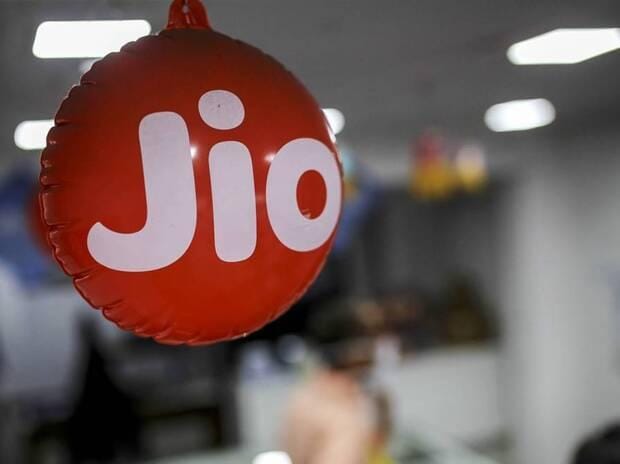Jio Satellite Communications favours auction, Bharti Airtel opposes
Jio Satellite Communications is the only satellite communications company that favored the auction for spectrum allocation while other players in the sector, including telecom operator Bharti Airtel, opposed it.
Elon Musk’s SpaceX has also proposed an auction model, not one for auctioning spectrum but bids in the form of a percentage of annual revenue as a fee for the value of spectrum rather than Initial Coin Offerings.
Jio Satellite Communications Limited (JSCL) in its counter-comment submission to the Telecom Regulatory Authority of India (Trai) has lined up its sister Reliance Jio Infocomm to propose auction as the best legitimate way to allocate radio frequency frequencies.
“We recognize that JSCL supports an auction-based process for spectrum allocation for space communications services. Auction-based allocation provides an equal opportunity for all service providers and brings the required regulatory certainty and predictability by being a legally sound allocation mechanism,” JSCL said.
Trey announced the comments on the Friday after the June 22 deadline expired.
The satellite company said it would use frequencies in the Ka and Ku spectrum bands and would be interested in obtaining the right to use frequencies in these bands through upcoming auctions.
JSCL said that regulatory certainty and predictability protect investments and play an essential role in bringing in additional investment in the sector.
“On the other hand, administrative waiver is uncertain, hostile to newcomers, unpredictable given its ‘first come, first served’ nature and legally indefensible due to the Supreme Court ruling in the 2G case,” the company said.
Among telecom operators, Vodafone Idea proposed to allocate spectrum for satellite communications through auction only.
However, Airtel, OneWeb, Tata Group subsidiary Nelco, Indian Space Association (ISpA), Satcom Industry Association and other players have disputed the argument for spectrum allocation through auction.
Airtel said that in the presidential reference to provide certain clarifications about the 2G ruling, the larger bench of the Apex Court held that the sequestration of natural resources is a political decision and there is no directive under the 2G ruling that natural resources can only be allocated through auctions.
ISpA said while auction is a common method used to allocate scarce resources, such as terrestrial spectrum, but in the case of satellite spectrum, auction is not a common method nor even a preferred method, instead administrative allocation is a common method in the case of satellite spectrum.
The industry body said that satellite spectrum is shared in nature, unlike terrestrial spectrum, which is exclusive.
Furthermore, in the event of an auction, the winning bidder would still have to share the spectrum with other users. Thus, there is no incentive for the bidder to be the highest bidder, as they would not be able to use all the spectrum they are buying. This makes the proposal to sell the satellite spectrum Auctioning is an unnecessary exercise.”
Highlighting the importance of satellite communications, SIA-India said Telecom Service Providers (TSPs) have been failing miserably to meet national broadband targets for the majority of the Indian population living in rural and remote parts of the country over the last two to three years. contracts.
She said that despite adequate resources and government support including the USOF and many other incentives, the RSPs were unable to penetrate these remote areas, as their “only motive was only to maximize profits in a lucrative market”.
SIA-India said, “Satellite operators, with their inherent capabilities, are willingly extending their support to achieve the national broadband mission.”
SpaceX said it continues to oppose exceptional auction design and especially design designed for terrestrial customization, but stands alone in its quest for a solution that helps accelerate the deployment of space communications to the Indians.
“SpaceX has proposed an auction in which bidders commit a percentage of annual revenue as a fee for the value of spectrum in lieu of initial coin offerings,” SpaceX said.
Coupier Systems, Amazon’s satellite arm, said that auctioning spectrum for satellite-based services would impose artificial limitations on existing and effective spectrum sharing mechanisms, lead to avoidable fragmentation of available spectrum, and limit the number of operators.
“If satellite operators are not able to use large, contiguous blocks of spectrum, it will reduce the incentive to invest in new satellite technologies, thus limiting innovation,” Coupier Systems said.
(Only the title and image for this report may have been reworked by the Business Standard team; the rest of the content is generated automatically from a shared feed.)
